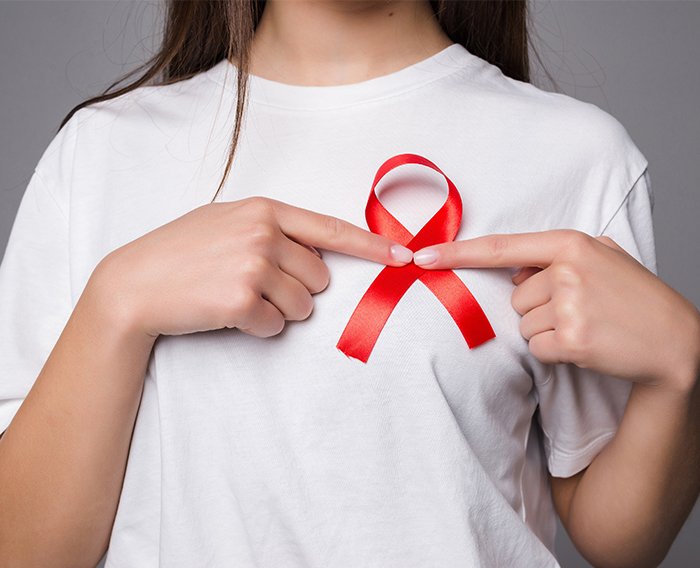
Breast Cancer
Breast Cancer Treatment in Ranchi
Breast cells are the site of development for the malignancy known as breast cancer. In the US, breast cancer is the second most frequently diagnosed cancer in women. Men and women can both develop breast cancer, although women are much more likely to do so.
With tremendous investment in research and awareness initiatives, breast cancer diagnosis and treatment have advanced. Breast cancer survival rates have increased, and the number of fatalities related to the disease is steadily declining with earlier detection, a revolutionary tailored approach to therapy, and a better understanding of the disease.
Who is mainly affected by breast cancer?
Breast cancer, after skin cancer, is the second most common cancer among women. Women with 50+ are most likely to be impacted.
Although uncommon, breast cancer can also strike men. Male breast cancer affects about 2,600 males annually in the US, accounting for fewer than 1% of total cases. Transgender men also had a reduced risk of breast cancer than cisgender women did.
Symptoms
Breast cancer symptoms and signs might include:
- A breast growth or lump that feels different from the tissue around it
- Alterations in a breast’s size, shape, or appearance
- Skin changes, such as dimpling close to the breasts
- A recently turned nipple
- The skin around the nipple (areola) or breasts can become pigmented and peel, scale, crust, or flake
- Your breast skin may be red or pitted, resembling orange skin
Causes
Doctors claim that breast cancer is brought on by some breast cells that increase abnormally. These cells reproduce and multiply more rapidly than healthy cells, resulting in a mass or lump. Your breast can become the site of cancerous cell cancers to get to your body’s other parts, including your lymph nodes.
Usually, breast cancer cells originate from milk production channels (invasive ductal carcinoma). Breast cancer may develop from other cells or tissues, such as the glandular tissue known as lobules (invasive lobular carcinoma).
According to a study, hormonal, behavioural, and environmental factors may all raise the risk of breast cancer. The reason why some persons with risk factors never develop cancer while others do is unclear. A complex interaction between your environment and genetic makeup likely causes breast cancer.
Risk factors
A breast cancer risk factor is anything that raises your likelihood of getting the disease. However, if you have one or more risk factors for breast cancer, it does not mean you will get the condition. In addition to being a woman, many women with breast cancer have no other known risk factors. Below mentioned are some of the elements linked to an elevated risk of breast cancer:
- Being a woman: Women are much more likely than males to develop breast cancer
- Growing older: As you become older, your risk of developing breast cancer rises
- A history of breast conditions: If you have lobular carcinoma in situ (LCIS) or atypical hyperplasia of the breast, you are more likely to develop breast cancer
- A personal breast cancer history: You run a higher risk of acquiring breast cancer in the other breast if you’ve already had breast cancer in one breast
Looking for breast cancer specialist in Ranchi? Dr. Satish Sharma is a best choice for breast cancer treatment. Book an appointment today!
